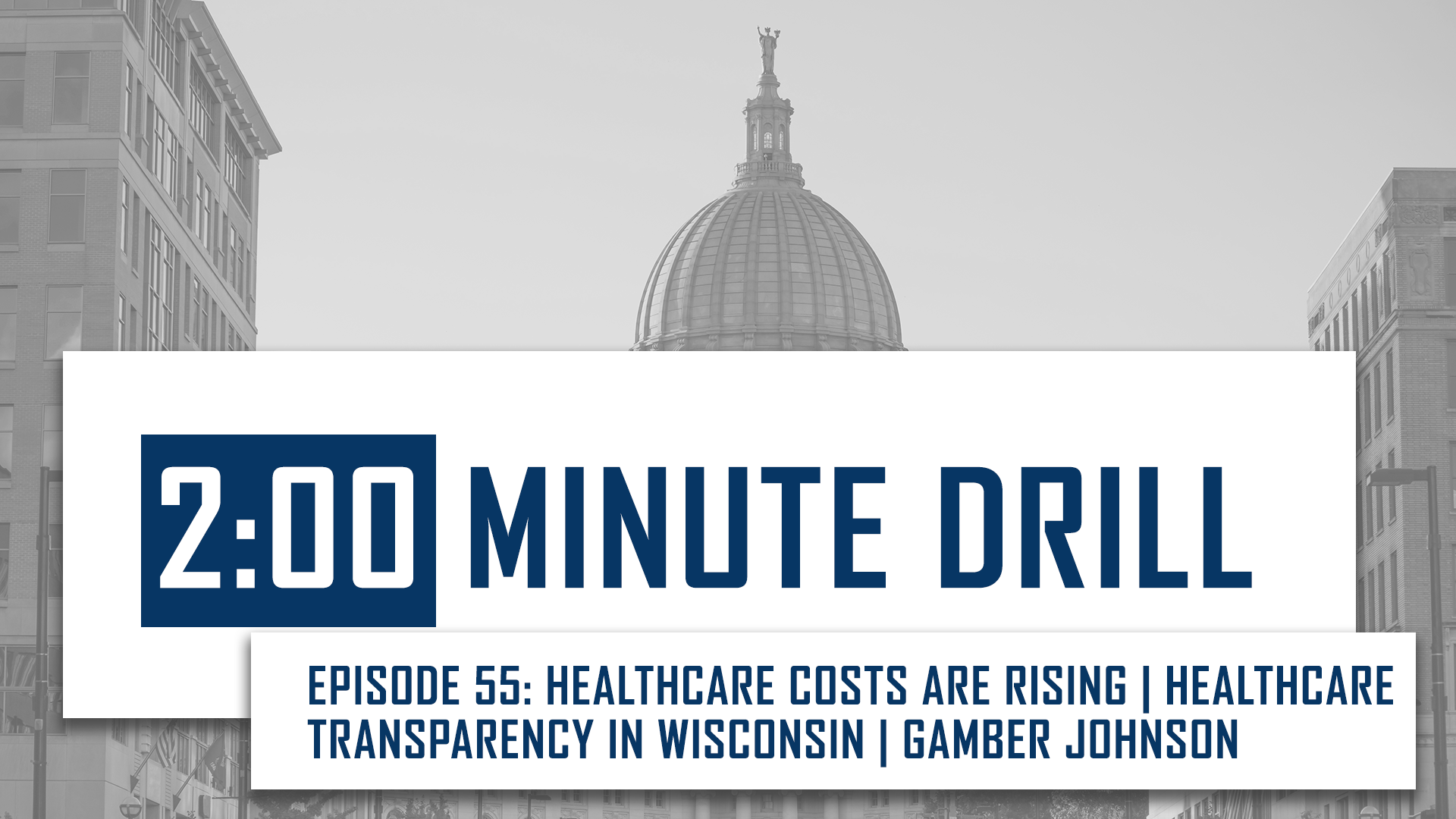Finding qualified workers, rising health care costs remain top concerns of state CEOs
MADISON – In January 2015, Wisconsin business leaders were the most optimistic about the economy they had been since the end of the Great Recession. One year later, that optimism has given way to concerns about the weak national and global economies, according to a semi-annual survey conducted by Wisconsin Manufacturers & Commerce (WMC) – the state chamber of commerce. CEOs also continue to be worried about the availability of qualified workers and the rise of health care and regulatory costs.
The survey of 304 top private sector business executives, conducted in December and January, shows that 52 percent believe Wisconsin’s economy will experience moderate growth in the next six months, down from 67.7 percent in June 2015 and 81 percent in last January. Thirty-nine percent say the U.S. economy will see moderate growth, down from 53 percent six months ago and 74 percent a year ago.
A majority 62 percent of survey respondents rate the Wisconsin economy as “moderate,” 21 percent say it is “strong,” and just 1.6 percent say it is “very strong.” Eleven percent rated the Wisconsin economy as “weak” or “very weak.” The U.S. economy received lower ratings with 37 percent calling it “weak” or “very weak.” Forty-eight percent rated the U.S. economy as “moderate” and just 9.8 percent said it was “strong.” No one rated it as “very strong.”
Seventy-six percent of executives believe that the U.S. is headed in the “wrong direction,” while 79 percent say Wisconsin is headed in the “right direction.”
The pessimistic mood about the economy may slow hiring during the next six months, according to respondents. Forty-three percent said they plan to add staff during that period, down from 53 percent in June and 58 percent a year ago.
Despite that, business leaders report that finding qualified workers remains a challenge. Sixty-eight percent said they are having trouble hiring employees, down slightly from 70 percent in June, but still up from 64 percent a year ago.
“Growing employer uncertainty could rival the lack of qualified applicants as an obstacle to job growth,” said Kurt R. Bauer, WMC president/CEO. “A year ago, it looked like Wisconsin and the nation had turned the corner economically. But it looks like that progress has been halted.” Bauer blamed factors beyond Wisconsin’s control for the slowdown, including a weak global economy, a strong U.S. dollar, which especially harms exporters, and federal policies that have steadily increased costs for U.S. businesses, like health care.
To Bauer’s point, when asked in the survey to identify the “top business concern facing your company,” labor availability was number one (26 percent), followed by excessive regulation (15.7 percent) and health care costs (15 percent).
Concerns expressed in the multiple choice portion of the survey were reinforced in the open-ended section. When asked “what do you believe is holding back the economy and job growth,” one respondent said “too many entitlement programs, too much regulation, out of control health care costs and reporting burden on employees.” Another said “We have the highest corporate tax rate in the world.”
If there is a bright spot in the survey, it’s that 82 percent of respondents report being profitable during the previous six months and 85.5 percent predict they will make a profit during the next six months.
For More Information Contact:
Kurt R. Bauer, (608) 258-3400
###
Founded in 1911, Wisconsin Manufacturers & Commerce is the combined Wisconsin Chamber of Commerce, Manufacturers’ Association and Safety Council. WMC represents 3,800 employers of all sizes and from every sector of the economy.





